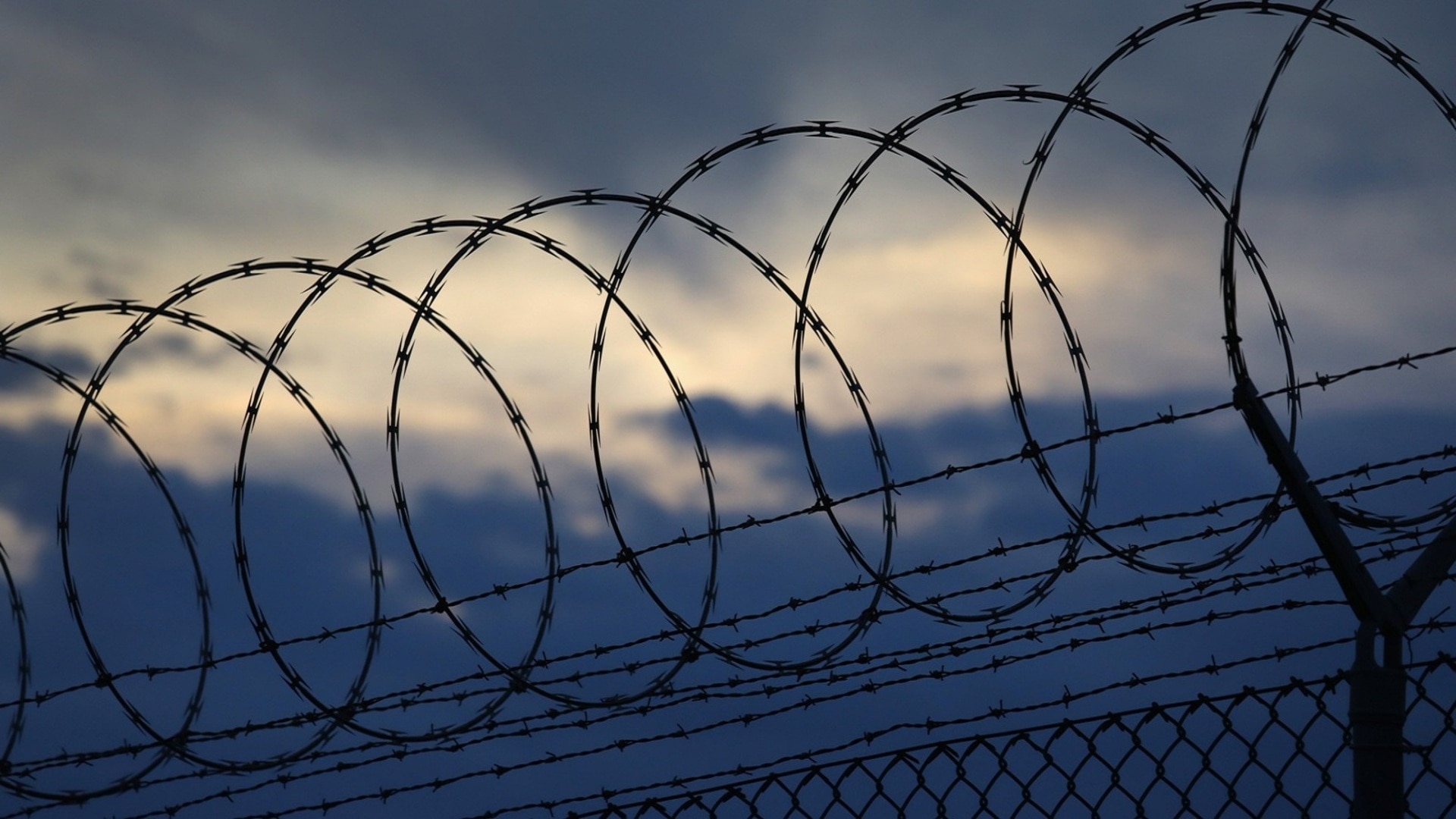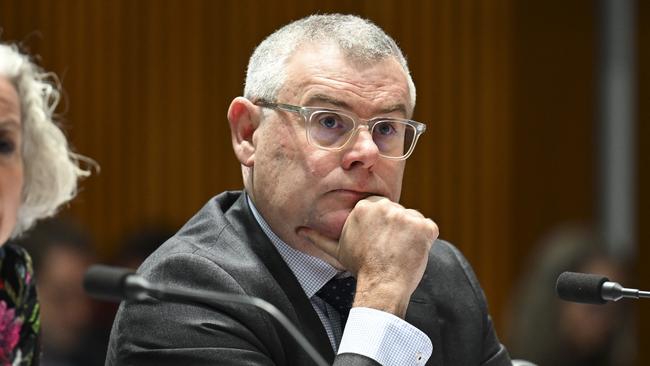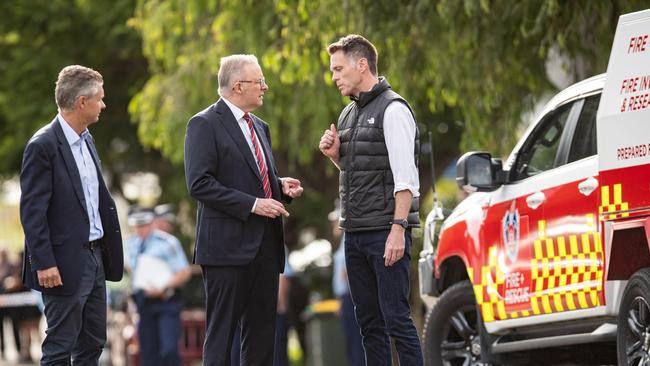Federal mandatory sentences for terror offences, displaying hate symbols in new hate crimes laws pass
Offences including displaying hate symbols and terror crimes will now carry mandatory minimum jail sentences under new laws passed in federal parliament.

Displaying hate symbols, funding terrorism and terror crimes will now carry mandatory minimum sentences federally after the laws successfully passed parliament on Thursday.
First proposed by the Coalition, changes to the Hate Crime bill will controversially include jail terms of at least 12 months for displaying hate symbols such as Nazi signs, three years for financing terrorist groups and at least six years for terror offences.
Advocating for and using force or violence to threaten people or groups on the basis of race, religion, disability, ethnic origin or gender identity will also be banned under the new laws.
Despite criticisms from the cross bench, the Bill was passed without amendments and supported by the Coalition on Thursday.

The toughened stance against hate speech follows a spate of anti-Semitic attacks in Sydney and Melbourne, including the firebombing of Adass Israel Synagogue in Melbourne’s southeast and an arson attack against a childcare centre in Sydney’s southeast.
Police are also investigating an alleged failed terror plot after an explosives-laden caravan was discovered in Sydney’s northwest which also contained the address of a Jewish synagogue.
Attorney-General Mark Dreyfus said the new laws would deliver “landmark reform to strengthen hate speech laws” despite Labor opposing minimum sentencing laws under its own national policy platform.
“No Australian should be targeted because of who they are or what they believe,” he said.
“We are sending a clear and unambiguous message that advocating or threatening violence is not acceptable. It is criminal behaviour and will be treated as such.
“We proudly live in a vibrant, multicultural and diverse community which we must protect and strengthen.”

Senior Labor minister Murray Watt said that despite previous “concerns for mandatory minimums,” the response was warranted due to rising rates of anti-Semitism.
“We think it’s in the community’s interest to act as quickly as possible to pass this legislation with the broadest coalition possible within the Australian parliament,” he said.
“What we are doing is insisting and inserting a review of these measures after two years, so that will give the parliament the opportunity to see how they’re playing out in practice.”
Speaking from Townsville while visiting flood-affected communities, Anthony Albanese said the mandatory sentencing changes reflected Labor’s “strong legislation” against anti-Semitism.
“We’re the first government to introduce legislation about Nazis and other hate symbols. We did that last year,” he said.
“We’re strengthening the legislation today. We want people who are engaged in anti-Semitic activities to be caught, to be charged and put in the clink.”

Law Council of Australia president Juliana Warner said the changes could “risk serious injustice,” and were not backed by security and law enforcement agencies.
“Mandatory sentencing laws are arbitrary and limit the individual’s right to a fair trial by preventing judges from imposing a just penalty based on the unique circumstances of each offence and offender,” Ms Warner said.
“Judges are best placed to determine the appropriate and just penalty under these laws on an individual, case-by-case basis.”






To join the conversation, please log in. Don't have an account? Register
Join the conversation, you are commenting as Logout